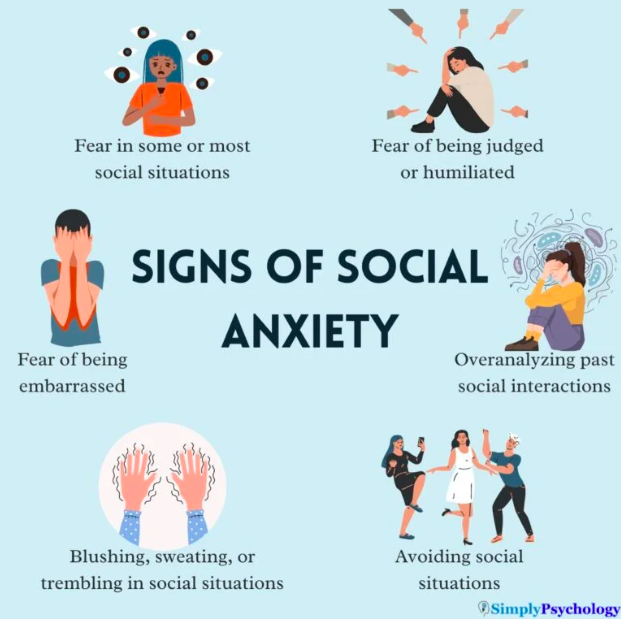As EMS providers, it's crucial to have a well-rounded understanding of various medical conditions and mental health issues to offer the best care possible to patients.
Social anxiety is one such condition that can significantly impact a patient's well-being and response to treatment. Here's what you need to know about this topic:
Recognizing Social Anxiety
Feelings of anxiety can be a common response when individuals are exposed to unfamiliar situations or new people. When people experience social anxiety, they may feel apprehensive or awkward when around others and might find it uncomfortable to engage in conversations. These feelings often improve as individuals become more familiar with their surroundings and peers.
Social Phobia
Social anxiety, when it becomes debilitating and significantly affects a person's life and choices, is referred to as social phobia. It can hinder one's ability to participate in social situations or even be around other people. EMS providers should be aware of the signs and symptoms of social phobia, as patients with this condition may experience heightened distress during medical emergencies.
The Impact of Social Anxiety
People with social anxiety fear negative evaluation by others and worry about potentially embarrassing themselves. They are concerned about being judged for displaying physical signs of anxiety, such as blushing, shaking, or sweating. This fear often leads individuals to avoid social situations where they might be scrutinized. For EMS providers, this avoidance can complicate patient interactions during emergencies, as those with social anxiety may be particularly distressed by the presence of unfamiliar individuals.
EMS Providers' Role
EMS providers should approach patients with social anxiety with sensitivity and empathy. Understanding that these individuals may experience heightened anxiety in social situations is essential. It's important to create a calm and non-judgmental environment during patient care. Effective communication can make a significant difference in how patients with social anxiety respond to treatment.
Seeking Help
Encourage patients to seek professional help for their social anxiety. It's a real challenge, but there are treatments available that can significantly improve their quality of life. By offering support and information about available resources, EMS providers can contribute to their patients' overall well-being.
Recognizing social anxiety and its impact on patients is vital for EMS providers. Compassion, patience, and effective communication are key when providing care to individuals with social anxiety. By acknowledging this condition and offering support, EMS providers can make a positive difference in the lives of those they serve.
#Anxiety #LifeIsPrecious #MentalHealthMatters #YouAreStrong #SocialAnxiety

No comments:
Post a Comment